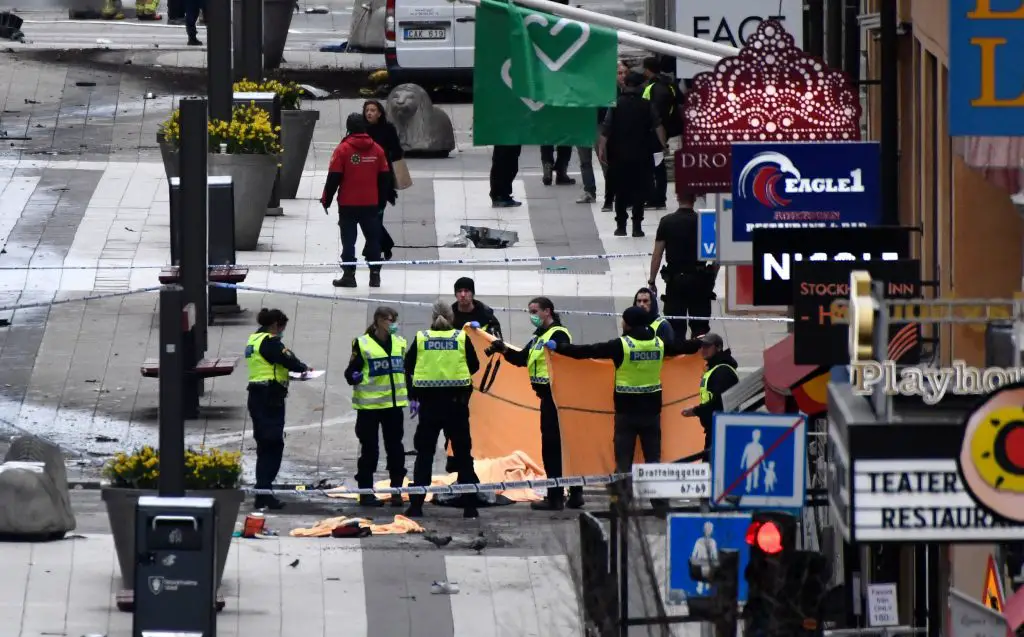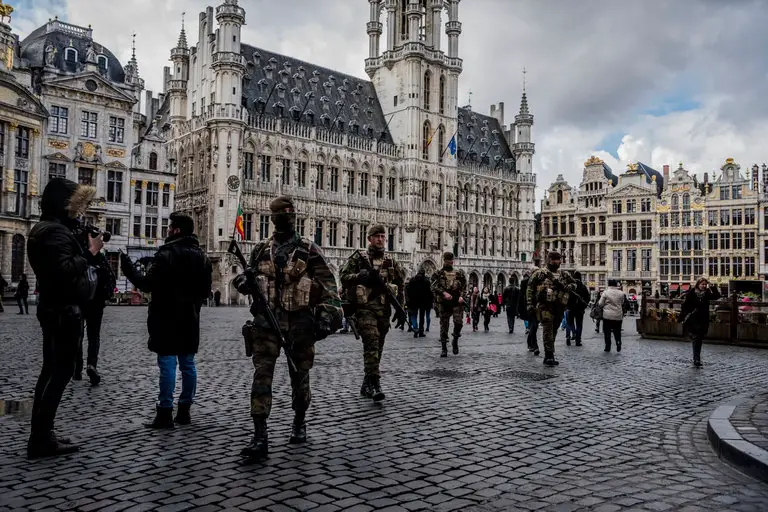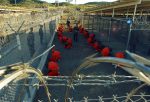The recent Manchester bombing and the following London Bridge attack served as yet another horrific reminder that terrorism and political violence are still major issues on a global scale.
The question of how to approach terrorism is an incredibly complex one for many reasons. At the heart of the conundrum is the simple fact that to acknowledge terrorist organizations at all is to grant them a victory.
Terrorists and terror organization do not have the political power or military resources to forcibly create change, which is why they turn to terror; thus, their game is purely a psychological one. The only chance they have of “winning” is through the promotion of chaos through fear.

In this respect, modern terrorists have it made. With a world that is so interconnected, news travels fast and from all over the world, which means that a small act of terrorism, in even the most isolated corner of the world, can have massive repercussions across the globe.
It used to be that acts of violence were confined to the regions in which they occurred, and while the news would eventually spread to the surrounding areas, it would do so at a much slower pace. However, the internet has enabled us to be continually bombarded with images of terror as soon as they happen, so much so that it seems almost as though every morning brings news of a fresh attack.
Not only does this flooding of the news with images of terror create an atmosphere of escalating violence that leads to widespread fear, it also serves to motivate other terrorist attacks.
Copycats and home-grown terrorists can become motivated by the coverage of past attacks, as well as the “success” of such exploits carried out by other radicals. They can also become more radicalized by backlash from the attacks, whether it be increased nationalism, xenophobia or a stricter government. In this way, heavy coverage and the sensationalizing of terrorist attacks by the media can in many ways assist the growth of terrorism.
The bottom line is that terrorists need publicity. Their goal is to obtain recognition, because without it, they will cease to be feared, and without fear they are nothing but radicals, hiding at the fringes of society. Without publicity, they are powerless. Yet time and time again, these organizations are given exactly what they need — widespread publicity across a multitude of news outlets — which is in turn compounded by the voices of politicians, eager to take a strong stance against terrorism and keep their people safe, all the while granting legitimacy to those leaders who orchestrated such attacks.
The crazy thing about terrorism is that it really isn’t that deadly. Now, this is of course an incredibly insensitive reality to voice. After all, these attacks are tragic and destroy countless lives. Yet statistically, it is a fact.
Between 2005 and 2015, only 94 individuals were killed by terrorism in the United States. Ninety-four deaths is by no means a trifling matter; however, when we take into consideration that during that exact same time period, over 300,000 Americans were killed by firearms in this nation, we begin to get some perspective on the reality of terrorism.
Cars are also exponentially more dangerous than terrorists. If the fact that three hundred thousand Americans died from gunshot wounds over a ten-year span seems insane, then the fact that three hundred thousand Americans perish every single year in car accidents will be even harder to grasp. The simple fact is that terrorism doesn’t kill enough people to warrant the attention it gets, especially when attention only helps the cause of terrorists.
This is not to say that there shouldn’t be swift and extremely harsh consequences for those who perpetrate terrorism against any group of innocent people, nor that such events should simply be brushed under the rug as far as the media is concerned. Rather, steps should be taken to cut down on what I can only describe as the media fear-frenzy that ensues following a terrorist attack.
Some form of strategy should be employed when comes to the presentation of terrorism. Stories should convey a message of a united global front against terrorism, celebrate the lives of the victims and mourn their loss, and the coverage should talk as little as possible about the terrorists themselves.
This is obviously much easier said than done in a world where information flows as easily as it does, and where for-profit news organizations must compete for readers. However, I believe that terrorism should be treated in much the same way that one would treat a toddler throwing a tantrum. And no, I am not suggesting that parents should drop a MOAB on a crying 2-year-old, though I’m sure that would be a foolproof way to put them down for a nap. Baby bombing aside, a terrorist and a toddler have a lot in common. Neither have the power to change anything about their situation, and yet they still have the power to make your day extremely unpleasant.
When presented with a toddler throwing a tantrum, a parent can engage, and in doing so, teach the child that bad behavior will result in attention; or, a parent can take the second route, which includes ignoring the tantrum, and, after the said episode has concluded, imposing a harsh enough consequence that the child will think again before throwing such a fit. This route is effective because the child learns that his or her parent will not pay attention to bad behavior, and that derailing daily life will not elicit any type of response. It is in this exact manner that terrorism should be handled by the media and military alike.
It is my belief that if small adjustments are made to the ways in which terrorism is talked about and addressed, hysteria and fear mongering will decrease, Islamophobia and xenophobia will diminish, there will be a drop in self-radicalization and less power will be given to the perpetrators of these heinous acts.
The time for these changes, or some of their ilk, is now. Terrorism is a spreading trend, as is the backlash it provokes, and if there is to be any hope for a more peaceful planet, then terrorism must be addressed in a much more strategic way than it is today.


















[…] media affects how people define terrorism, particularly in that they work to repeat the phrases used by […]